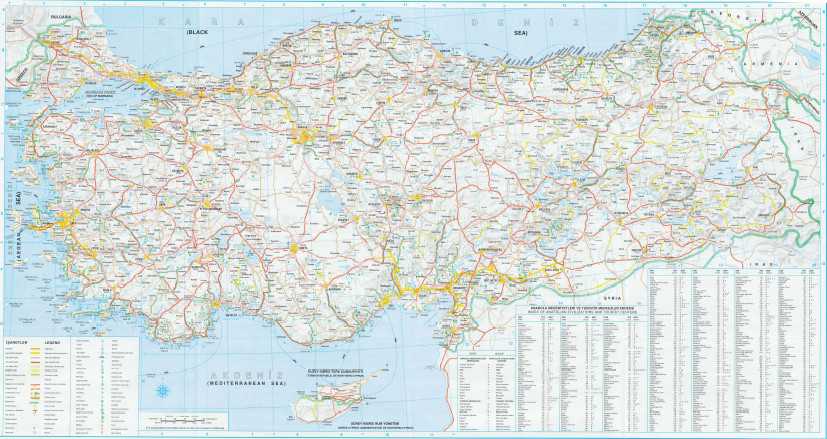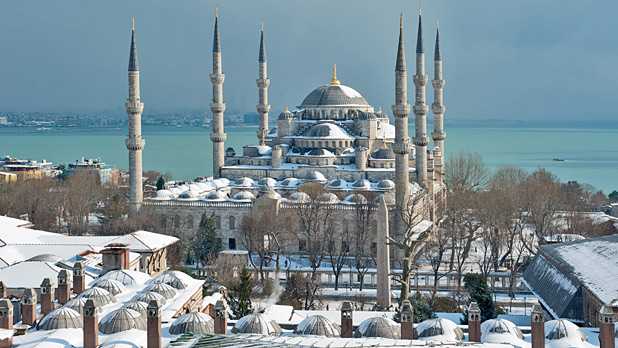Police and prosecutors were locked in crisis meetings last night after what they believed to be the strongest terrorism case ever presented to a court was rejected by a jury.
At the end of a £10 million investigation and trial lasting more than two years, jurors were unable to decide whether or not a group of British Muslims were part of a plot to blow transatlantic airliners out of the sky.
The outcome of the case – which featured al-Qaeda-style martyrdom videos made by six defendants – will be seen as a severe blow to Britain’s anti-terrorist effort.
Three men were convicted of conspiracy to murder, but the jury was deadlocked on the central allegation, that terrorists planned to use liquid bombs to destroy aircraft en route from Heathrow to cities in the United States and Canada.
The jury’s indecision in the face of a detailed Crown case raises questions about the public perception of the terror threat that could undermine government attempts to introduce further security legislation.
The Crown Prosecution Service indicated that it was likely to seek the retrial of seven men in an attempt to prove that there was a plan to attack aircraft and kill thousands of people.
The discovery of the plot, in August 2006, led to a global security clamp-down at airports that paralysed international travel.The alert resulted in restrictions on carrying liquids in cabin baggage that remain in force and are unlikely to be relaxed.
Retrials are being sought even though the jury at Woolwich Crown Court convicted three of the eight defendants of conspiracy to murder.
Prosecutors met to discuss their options amid concern that the jury could not decide on a separate charge specifying that airliners had been the targets of that conspiracy.
The jurors also failed to reach verdicts on serious terrorist charges against four other men, who had recorded al-Qaeda-style suicide videos and admitted charges of conspiring to cause a public nuisance.
Another defendant, described in court as a shadowy figure with terrorist connections, was acquitted of all charges and cannot be retried.
The jurors deliberated for 52 hours, but their discussions were disrupted by a two-week holiday, frequent sickness breaks and other commitments.
Scotland Yard refrained from comment last night, but the senior officers of their disappointment over the outcome of the case.
Andy Hayman, former assistant commissioner for special operations, said: “This was one of our strongest cases – there will have to be an intensive debrief. But now is not the time for that, now is the time to prepare for retrials.”
A CPS spokesman said: “The jury found there was a conspiracy to murder involving at least three men but failed to reach a verdict on whether the ambit of the conspiracy to murder included the allegation that they intended to detonate IEDs (improvised explosive devices) on transatlantic airliners in relation to seven of the men. It is therefore incorrect to say that the jury rejected the airline bomb plot.”
The men convicted of conspiracy to murder were Ahmed Abdulla Ali and Tanvir Hussain, both 27 and from Walthamstow, northeast London, and Assad Sarwar, 28, of High Wycombe, Buckinghamshire. The four men on whom the jury failed to reach verdicts were Ibrahim Savant, 27, Arafat Waheed Khan, 27, Waheed Zaman, 24, and Umar Islam, 30.
Mohammed Gulzar, 27, from Birmingham, was acquitted on charges of conspiracy to murder and conspiring to murder by blowing up aircraft. He had vigorously denied any involvement. The Crown had alleged that Mr Gulzar, who arrived in Britain using a false name during July 2006, was a key figure in the alleged airline plot but the jury rejected that case.
Home Office sources said that Mr Gulzar would be the subject of a control order and it is expected that he will be questioned by police in connection with a serious criminal offence committed in Birmingham in 2002. Another key figure in the plot, Rashid Rauf, is on the run in Pakistan after escaping from custody.
Four further trials related to the alleged airline plot are pending.
Source: business.timesonline.co.uk, September 9, 2008






